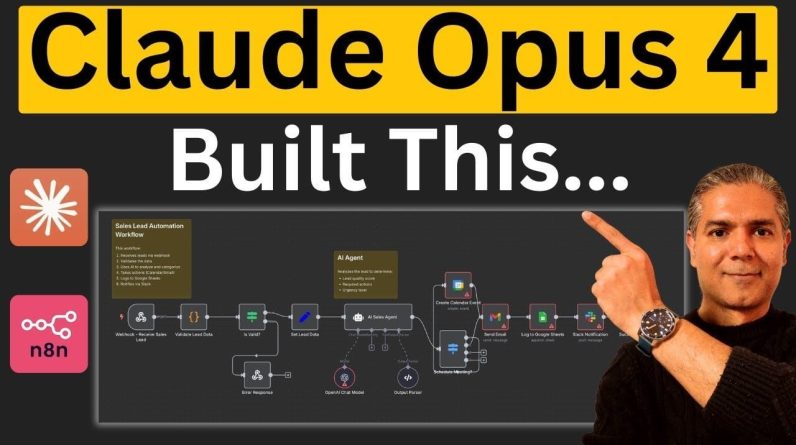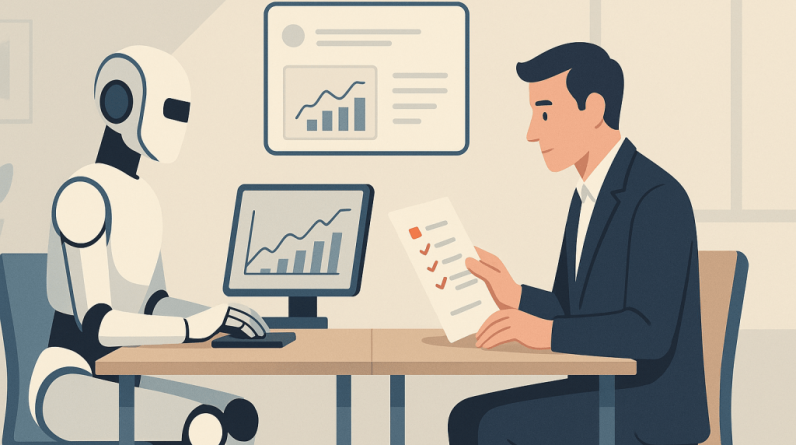By Himanshu Gakhar
In the rapidly evolving landscape of artificial intelligence (AI), the debate about whether it will be a partner or enemy to the future of work remains a topic of profound interest and concern. As technology advances and AI capabilities expand, it is imperative to evaluate the potential consequences for marketers, with concerns arising that AI may take over jobs. However, what if it creates more opportunities and transforms the way we communicate? AI in marketing has the potential to reshape the future of work.

Following are a few key points to consider when debating whether AI in marketing will be a friend or foe:
Landline vs. Smartphone Analogy:
The comparison between landline phones and smartphones underscores the transformative power of technology. AI has the potential to revolutionize marketing, making it more efficient, data-driven, and responsive to consumer needs.
Job Displacement vs. Job Creation:
Concerns about job displacement are not new. The transition from manual labor to automated manufacturing led to fears of job loss, but it ultimately created new, more skilled roles. Similarly, AI in marketing may automate certain tasks, but it can also create new roles that require human intelligence, creativity, and strategic thinking.
Enhancing Productivity and Quality:
AI has the capability to handle routine and repetitive tasks, allowing marketers to focus on more strategic and creative aspects of their work. This shift can lead to increased productivity and improved quality of work, as human marketers can concentrate on tasks that require emotional intelligence, critical thinking, and nuanced decision-making.
Innovation and Evolution:
The comparison between the evolution of manufacturing and the potential impact of AI in marketing highlights the importance of innovation. Just as the transition to a plant system led to increased efficiency, AI can contribute to marketing innovation, enabling faster decision-making, personalized customer experiences, and more effective campaigns.
Skill Enhancement:
Like the shift from manual labor to skilled labor in manufacturing, the integration of AI in marketing may require marketers to enhance their skills. Marketers may need to develop a deeper understanding of AI technologies, analytics, and data interpretation to effectively collaborate with AI tools.
Evolution of Roles:
AI is likely to change the nature of marketing roles rather than replace them entirely. Marketers may find themselves working alongside AI tools, utilizing them to analyse data, automate routine tasks, and gain insights that inform their strategic decisions.
Proponents of AI in the workplace assert that it can serve as a valuable ally rather than a threat, offering numerous advantages that can enhance the value and productivity of our time.
New Opportunities:
The growth of AI gives rise to new career paths, including roles such as AI engineers, data scientists, and AI ethics specialists. This expansion creates job opportunities for individuals who can adapt and embrace continuous learning.
Personal Assistants:
Virtual assistants like Siri, Alexa, and Google Assistant exemplify how AI can streamline daily tasks, ultimately improving our lives by providing additional options and innovative ideas. AI operates 24/7, ensuring immediate responses and assistance.
The Balance:
AI’s impact on the future of work is not a simple binary issue. Instead, it involves a complex interplay between the potential for job displacement and the creation of new opportunities. As the landscape evolves, it becomes crucial to prioritize ethical considerations, establish policy frameworks, and implement retraining initiatives. These measures are essential to ensure a balanced, inclusive, and just transition into an AI-augmented workforce.
In conclusion, the impact of AI on the future of work, including within marketing, hinges on how society manages its integration. Responsible development, equitable distribution, and strategic planning are vital to ensuring AI serves as a valuable ally rather than a threat. Historical parallels, like the evolution from manual to automated manufacturing and the shift from landline phones to smartphones, offer insights into the potential positive trajectory of AI in the workplace. In marketing, despite concerns about job displacement, historical patterns suggest that AI can enhance rather than replace human roles. Adapting, upskilling, and leveraging AI for innovation empower marketers in this dynamic landscape.
The goal is to identify what AI should do, rather than just what AI can do. If everyone understands that value, there will be no fear, and AI will be treated as a friend, much like how we embraced Google search in the past. The narrative shifts from apprehension to optimism, underscoring the importance of a symbiotic relationship between humans and AI for a prosperous future of work.
The author is deputy manager, corporate communication, Okaya EV
Follow us on Twitter, Facebook, LinkedIn








